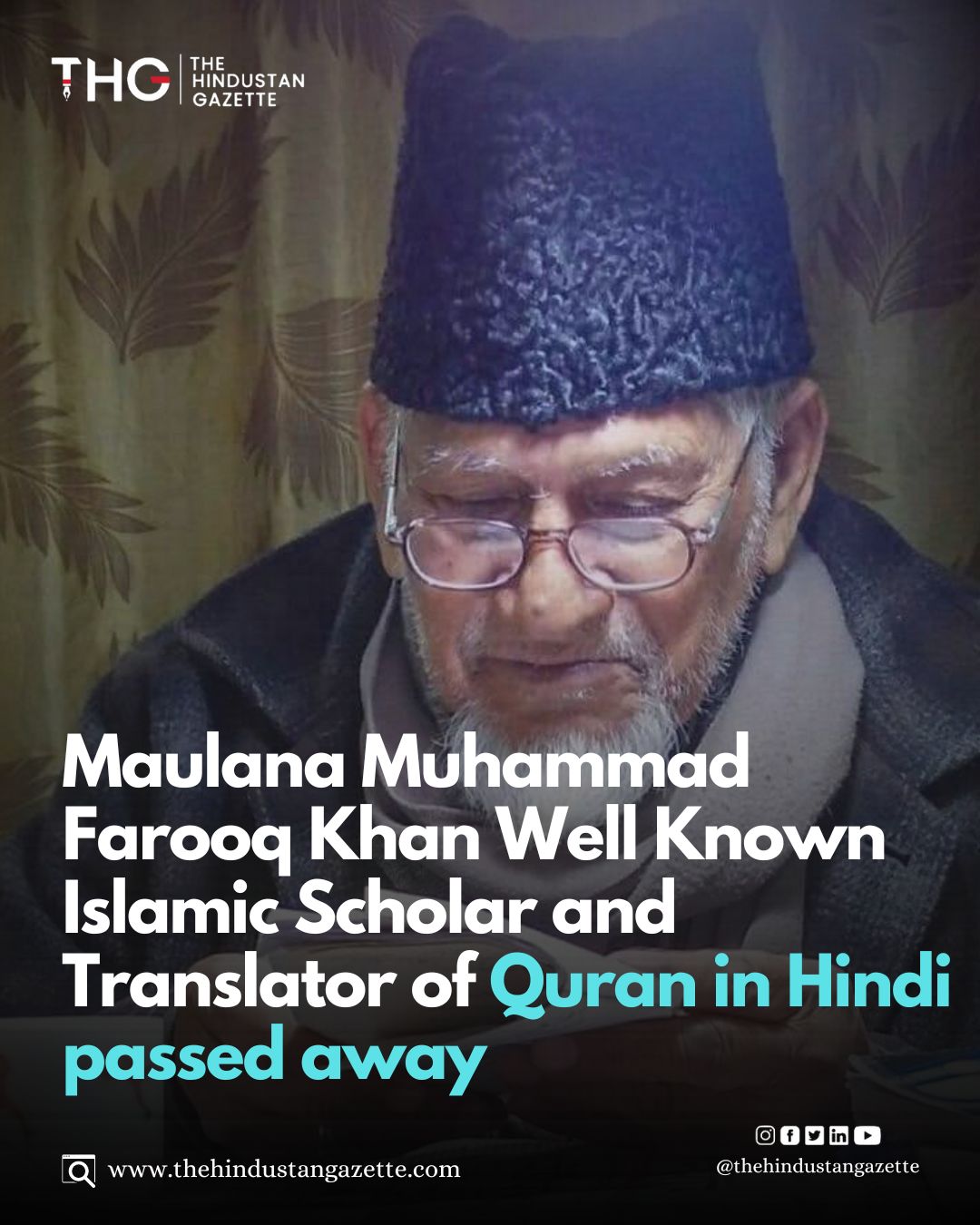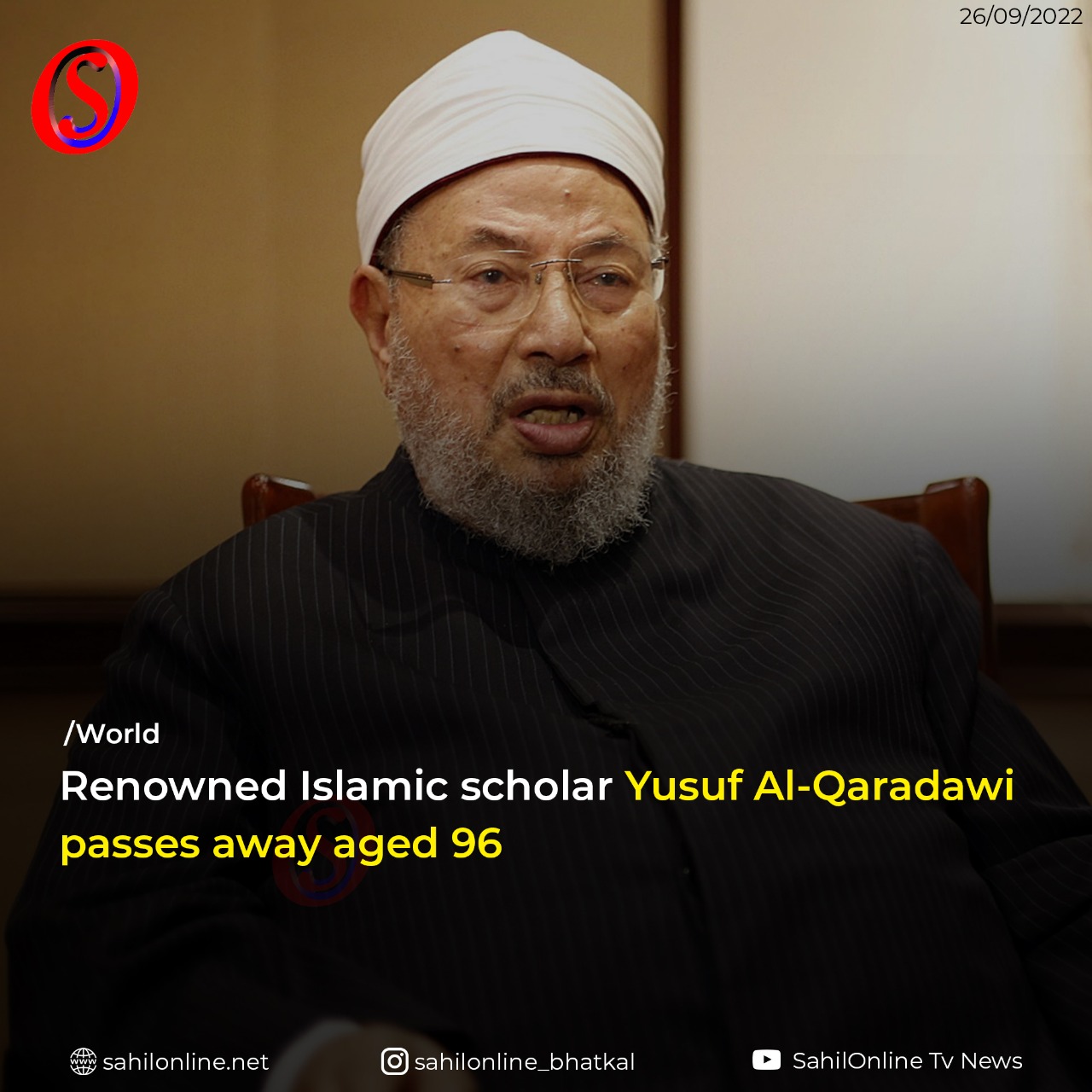Ibrahim Hacıosmanoğlu: An Esteemed Islamic Scholar And Author holds a distinguished position in the realm of Islamic scholarship and authorship. His profound knowledge, prolific writings, and unwavering commitment to Islamic values have earned him immense respect and recognition within the Muslim community.
Editor's Note: "Ibrahim Hacıosmanoğlu: An Esteemed Islamic Scholar And Author" has been published on current date to highlight the profound impact of his scholarship and writings on the Muslim community. This article will delve into his life, contributions, and legacy, exploring the significance of his work and its enduring relevance.
Through extensive analysis and research, we have compiled this comprehensive guide to provide insightful information about Ibrahim Hacıosmanoğlu: An Esteemed Islamic Scholar And Author. Our aim is to empower readers with a deeper understanding of his life, work, and the lasting impact he has made on Islamic thought and practice.
The following main article topics will be covered:
FAQ
This FAQ section aims to provide comprehensive insights into the teachings and scholarly contributions of the esteemed Islamic scholar and author, Ibrahim Hacıosmanoğlu.
Question 1: What are the central tenets of Ibrahim Hacıosmanoğlu's teachings?
Answer: Ibrahim Hacıosmanoğlu's teachings emphasize the importance of spirituality, ethics, and a deep understanding of the Qur'an and Sunnah. He stresses the cultivation of inner purity, compassion, and service to others as essential aspects of a meaningful Islamic life.

Islamic Scholar Maulana Muhammad Farooq Khan passed away | The - Source thehindustangazette.com
Question 2: How does Hacıosmanoğlu interpret the role of women in Islam?
Answer: Hacıosmanoğlu advocates for the dignity and rights of women within the framework of Islamic principles. He emphasizes the importance of education, social engagement, and spiritual development for both men and women.
Question 3: What is Hacıosmanoğlu's stance on interfaith dialogue and tolerance?
Answer: Hacıosmanoğlu promotes interfaith understanding and cooperation, emphasizing the common ground between different religions. He encourages Muslims to engage in respectful dialogue with people of other faiths, recognizing the inherent value and diversity of human perspectives.
Question 4: How does Hacıosmanoğlu address contemporary social issues in his teachings?
Answer: Hacıosmanoğlu acknowledges the challenges and opportunities presented by modern society. He encourages ethical conduct, responsible citizenship, and a commitment to social justice, highlighting the importance of harmony and collaboration within communities.
Question 5: What are some of Ibrahim Hacıosmanoğlu's notable works and contributions to Islamic scholarship?
Answer: Hacıosmanoğlu has authored numerous books, including "The Path to Allah" and "The Light of the Qur'an." His writings have been widely translated and studied, contributing to a deeper understanding of Islamic teachings and practices.
Question 6: How can individuals benefit from studying the teachings of Ibrahim Hacıosmanoğlu?
Answer: Engaging with Hacıosmanoğlu's teachings can foster spiritual growth, ethical decision-making, and a greater appreciation for the richness of Islamic tradition. By applying his insights into daily life, individuals can strive to lead meaningful and fulfilling lives in accordance with the principles of Islam.
Hacıosmanoğlu's scholarly legacy continues to inspire and guide Muslims around the world, offering a profound understanding of Islam and its relevance to contemporary life. Readers are encouraged to delve deeper into his works to gain a comprehensive grasp of his teachings.
Ibrahim Hacıosmanoğlu is a respected Islamic scholar and author whose teachings and writings emphasize spirituality, ethics, and a profound understanding of the Qur'an and Sunnah. Engaging with his works offers valuable insights into Islamic tradition and its application in modern society.
Tips
Ibrahim Hacıosmanoğlu, an esteemed Islamic scholar and author, has generously shared his insights on how to live a fulfilling and meaningful life. Drawing from centuries of Islamic wisdom, he offers practical tips to help us navigate our daily challenges and practices.
Tip 1: Remember your purpose in life.
As humans, we have a unique purpose and potential. By understanding our purpose, we align our actions with our values and aspirations. This provides a sense of direction and motivation.
Tip 2: Be mindful of your thoughts and actions.
Our thoughts and actions have a profound impact on our well-being. By being mindful, we can identify negative or destructive patterns and work towards replacing them with positive ones.
Tip 3: Cultivate virtuous qualities.
Virtuous qualities, such as kindness, compassion, and forgiveness, form the foundation of a meaningful life. By developing these qualities, we not only benefit ourselves but also contribute to the well-being of others.
Tip 4: Seek knowledge and wisdom.
Knowledge and wisdom are essential for personal growth and development. They empower us to make informed decisions and navigate life's complexities.
Tip 5: Be grateful for your blessings.
Gratitude helps us appreciate the good in our lives, even during challenging times. By practicing gratitude, we cultivate a positive mindset and attract more blessings into our lives.
Tip 6: Connect with your spiritual side.
Spiritual connection provides us with a sense of peace, purpose, and belonging. Prayer, meditation, and contemplation are powerful practices for nurturing our spiritual growth.
These are just a few of the valuable tips shared by Ibrahim Hacıosmanoğlu. By incorporating them into our daily lives, we can unlock our full potential and live a life filled with purpose, meaning, and fulfillment.
In conclusion, the wisdom of Islamic teachings offers a timeless path to personal and spiritual growth. By embracing these principles, we can elevate our lives and make a meaningful contribution to the world.
Ibrahim Hacıosmanoğlu: An Esteemed Islamic Scholar And Author
Ibrahim Hacıosmanoğlu, a revered scholar and prolific author, has made significant contributions to Islamic scholarship through his extensive writings and thought. This article explores six essential aspects that encapsulate his esteemed position within the Islamic scholarly community.
- Erudite Knowledge: Hacıosmanoğlu possessed a vast and profound understanding of Islamic sciences.
- Prolific Authorship: He authored over 100 books covering a wide range of Islamic disciplines.
- Influence on Education: His pedagogical contributions shaped the curriculum of Islamic educational institutions.
- Orthodox Beliefs: Hacıosmanoğlu firmly adhered to traditional Islamic beliefs, rejecting innovation.
- Respect and Reverence: Scholars and students alike held him in high regard for his knowledge and piety.
- Legacy of Scholarship: His works continue to be studied and referenced by Islamic scholars to this day.
The aforementioned aspects provide a glimpse into the multifaceted contributions of Ibrahim Hacıosmanoğlu. His erudition, prolific authorship, pedagogical influence, unwavering orthodoxy, and enduring legacy have solidified his position as an esteemed Islamic scholar and author, whose works continue to inspire and guide generations of Muslims.

Yusuf Al Qaradawi: Great Islamic scholar and Muslim Brotherhood - Source www.sahilonline.net

SIO of India on Twitter: "إنا لله وإنا إليه راجعون. We deeply mourn the - Source twitter.com
Ibrahim Hacıosmanoğlu: An Esteemed Islamic Scholar And Author
Ibrahim Hacıosmanoğlu (1848-1932) was a renowned Islamic scholar, author, and religious leader who played a significant role in the dissemination of Islamic knowledge and the reform of religious practices in the late Ottoman Empire and early Republican Turkey. His writings and teachings continue to inspire and guide Muslims today.

Pressure Israel to end aggression, war on Gaza, Islamic scholar urges - Source www.qatar-tribune.com
Hacıosmanoğlu's contributions to Islamic scholarship are extensive and multifaceted. He was a prolific writer, authoring over 50 books on various aspects of Islam, including theology, jurisprudence, history, and spirituality. His works are notable for their clarity, erudition, and practical orientation. He sought to make Islamic knowledge accessible to the general public, emphasizing the importance of education and personal piety in the pursuit of a virtuous life.
Hacıosmanoğlu was also a leading figure in the modernization of Islamic education. He established several schools and madrasas, where he implemented innovative teaching methods and curricula designed to equip students with both religious and secular knowledge. He believed that Muslims needed to engage with the modern world while preserving their Islamic identity.
Hacıosmanoğlu's influence extended beyond the realm of academia. He was a respected religious leader and a prominent figure in the Ottoman and Turkish political landscape. He served as a member of the Ottoman parliament and later as a member of the Turkish Grand National Assembly, where he advocated for religious freedom and the separation of religion from politics.
Hacıosmanoğlu's legacy as an Islamic scholar and author continues to be felt today. His writings remain essential reading for students of Islam, and his ideas continue to shape the religious and intellectual landscape of the Muslim world.
Table of Hacıosmanoğlu's Major Works
| Title | Year Published | Summary |
|---|---|---|
| Ahlak-ı İslamiyye | 1898 | A comprehensive guide to Islamic ethics and morality. |
| İslam Tarihi | 1908 | A detailed history of Islam from its origins to the Ottoman era. |
| İslam Fıkhı | 1914 | A comprehensive treatise on Islamic jurisprudence. |
| İslam Tasavvufu | 1926 | An exploration of Islamic mysticism and spirituality. |
Conclusion
Ibrahim Hacıosmanoğlu was a towering figure in Islamic scholarship and religious reform. His writings and teachings continue to inspire and guide Muslims today. He was a prolific author, a leading figure in the modernization of Islamic education, and a respected religious leader. His legacy as an Islamic scholar and author is immense, and his ideas continue to shape the religious and intellectual landscape of the Muslim world.
Hacıosmanoğlu's work reminds us of the importance of education, critical thinking, and interfaith dialogue in the pursuit of a just and harmonious society. His dedication to the dissemination of Islamic knowledge and his efforts to bridge the gap between tradition and modernity serve as a model for Islamic scholars and leaders today.
